Wyoming Voices Strong Opposition as Federal Public Land Sale Proposal Advances
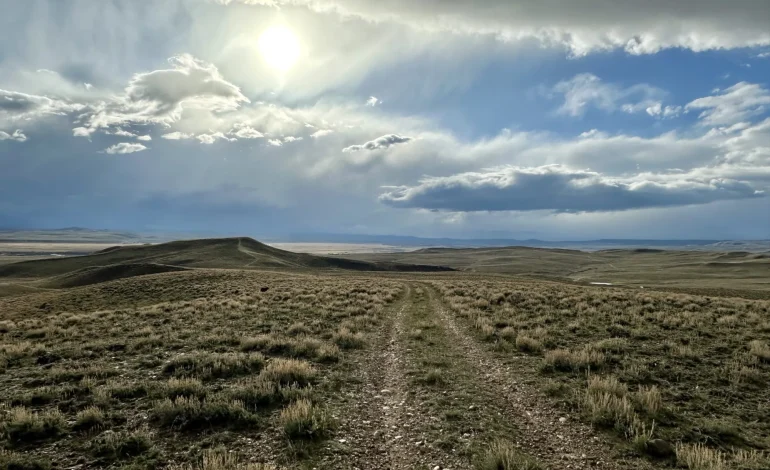
A revised federal proposal to sell public lands has sparked significant opposition across Wyoming and other western states, as critics warn it could open the door to widespread privatization of Bureau of Land Management (BLM) properties.
Despite the backlash, Utah Republican Sen. Mike Lee has stated the effort is “just getting started.”
Sen. Lee’s revised measure, introduced through the Senate Energy and Natural Resources Committee, now focuses solely on BLM land within five miles of unspecified “population centers.” Earlier drafts included US Forest Service lands, but those provisions were removed following procedural setbacks in the Senate. The new version reinstates “checkerboard” BLM parcels—interspersed tracts often adjacent to railroads—as a priority for sale, while grazing-permitted lands have been excluded from the auction list.
Under the proposal, 15% of proceeds from the land sales would go toward local governments and conservation efforts. The bill also allocates $5 million to implement the sales process, which could begin within 60 days of the legislation’s passage.
Lee has positioned the initiative as a response to housing shortages, claiming the land in question is “unused” and “mismanaged.” However, he has not specified which parcels would be sold, citing the complexity of the criteria. Critics, including Wyoming conservation groups, elected officials, and outdoor recreation advocates, say the lack of transparency is a key concern.
“We haven’t put out maps because there are a whole bunch of criteria established by the legislation, and those criteria are very difficult to reduce to a map,” Lee said in a recent interview.
Opposition to the proposal has been broad-based. At a roundtable hosted by US Sen. Martin Heinrich (D-N.M.), participants ranging from hunters to environmentalists voiced concerns. Land Tawney, former head of Backcountry Hunters and Anglers, described the backlash as coming from “Democrats, Independents, Republicans, hunters, anglers, bird watchers, kayakers, ranchers [and] loggers.”
Critics argue the plan would do little to address affordable housing and may instead facilitate the sale of valuable public land to wealthy buyers.
“An out-of-town billionaire can show up, buy a 100-acre parcel and throw a trophy home on it,” Sen. Heinrich said.
Others, like Powell resident Mike Tracy, pointed out that linking public land sales to housing affordability creates a false association.
“It makes people not feel comfortable speaking out against it because who wants to be against affordable housing?” he said.
Native American tribes have also raised concerns. Hilary Tompkins, a former solicitor for the Department of the Interior, noted that the Southern Ute Indian Tribe fears the loss of access to off-reservation hunting and fishing grounds.
In Wyoming, officials and advocates are especially focused on how the plan might affect checkerboard land patterns. Jess Johnson of the Wyoming Wildlife Federation emphasized that while solutions are needed for the fragmented ownership structure, the federal proposal is not the right one.
“This budget reconciliation is not it,” she said.
Lee maintains that the targeted lands are not environmentally sensitive and claims the proposal is being misrepresented.
“These are not lands that are part of an environment that’s appropriate for hunting, for hiking, for fishing,” he said.
That assertion was directly challenged by Wyoming residents like Johnson, who shared her personal connection to BLM land near Lander.
“It’s really nothing special to look at, except it is everything to me,” she said.
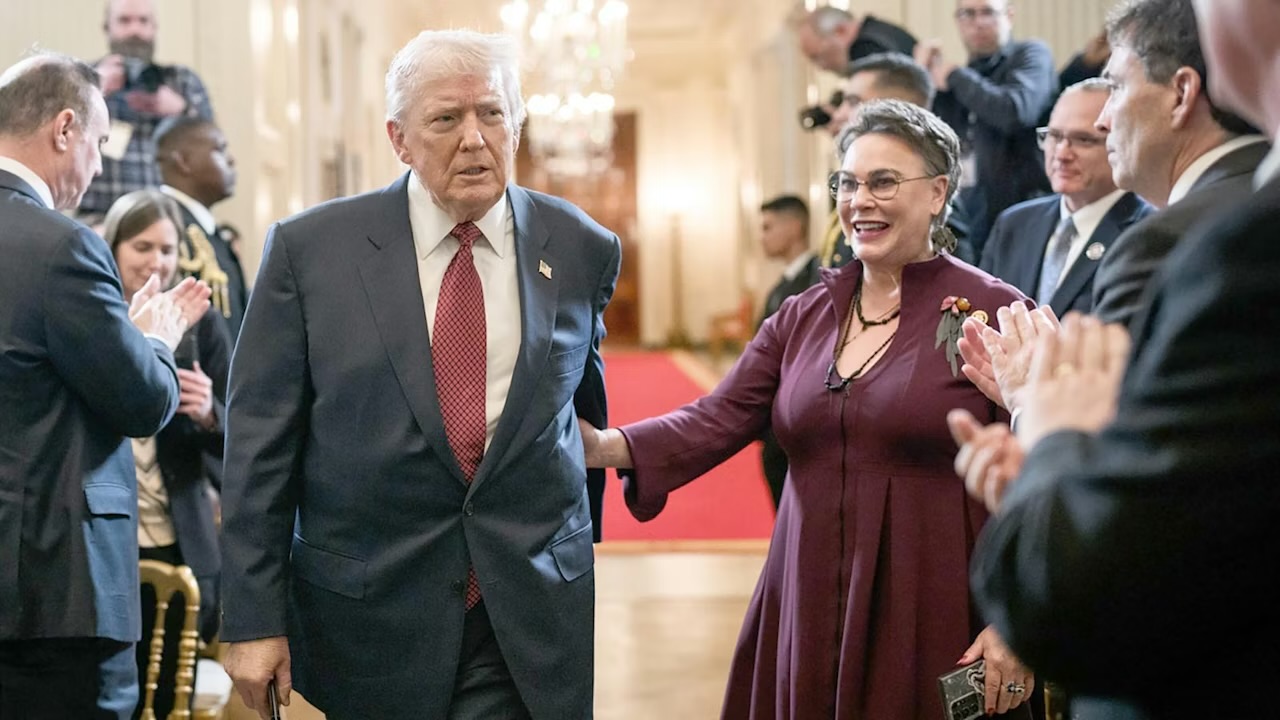
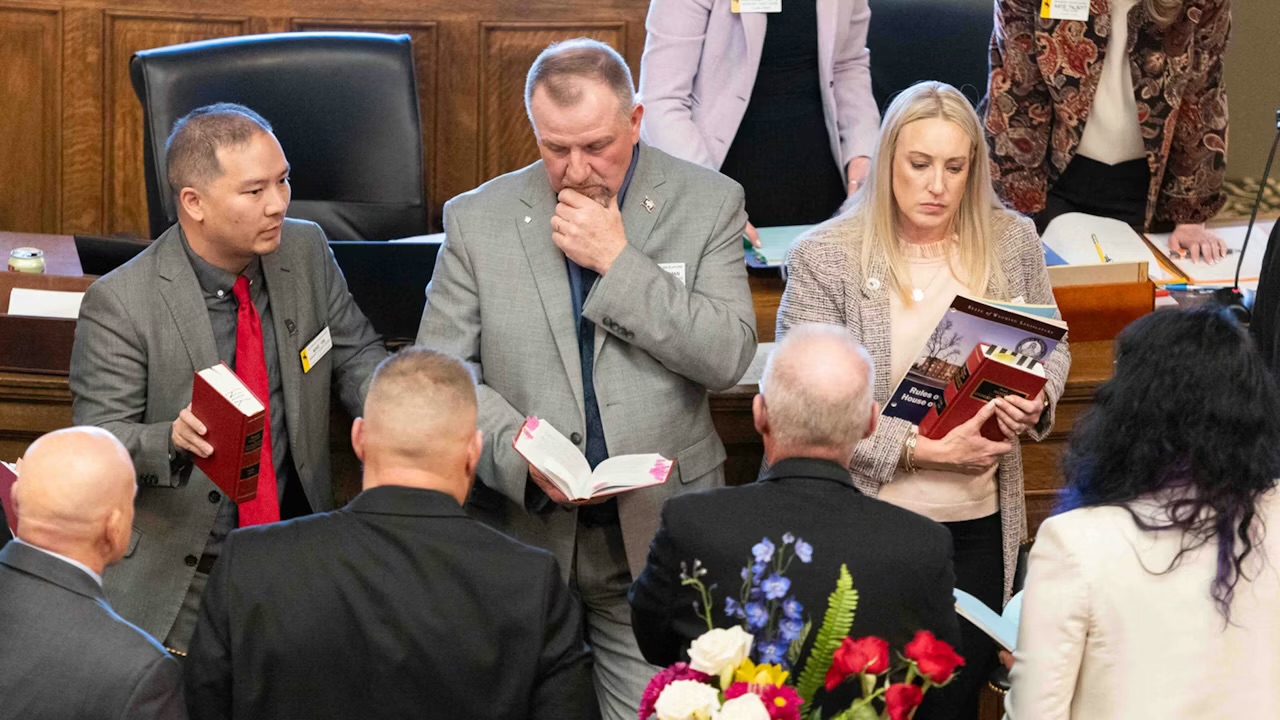
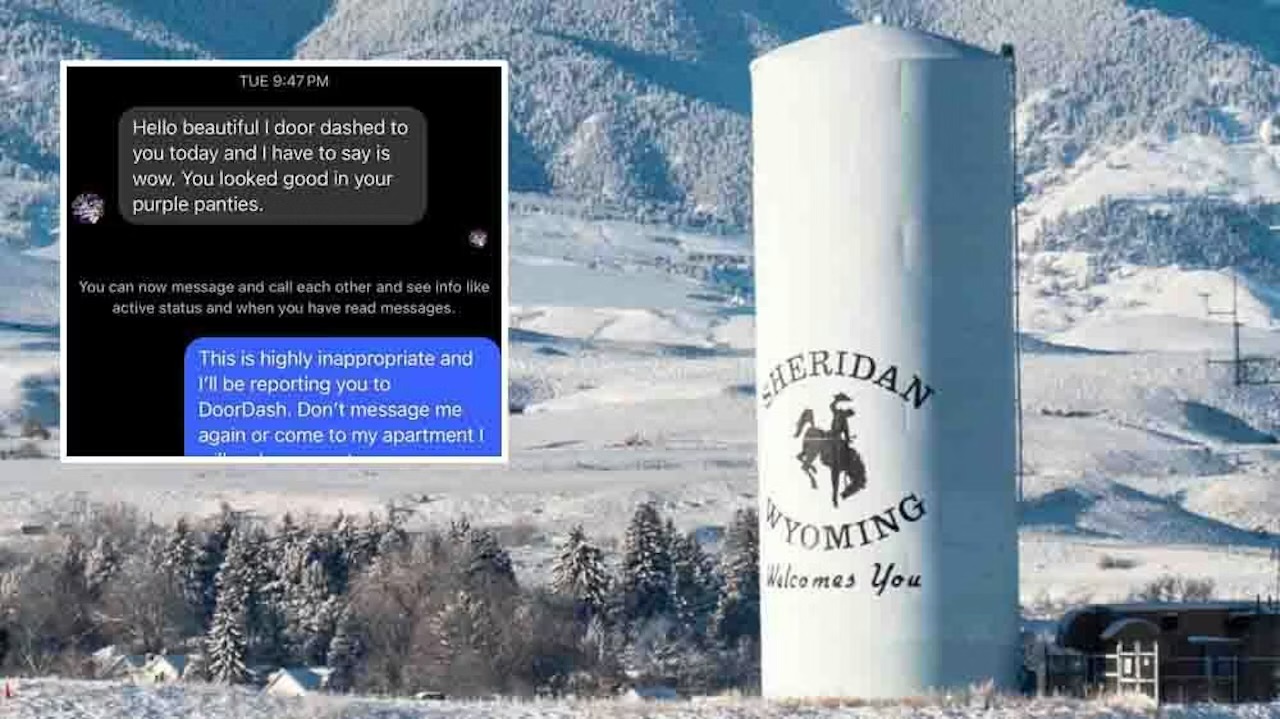
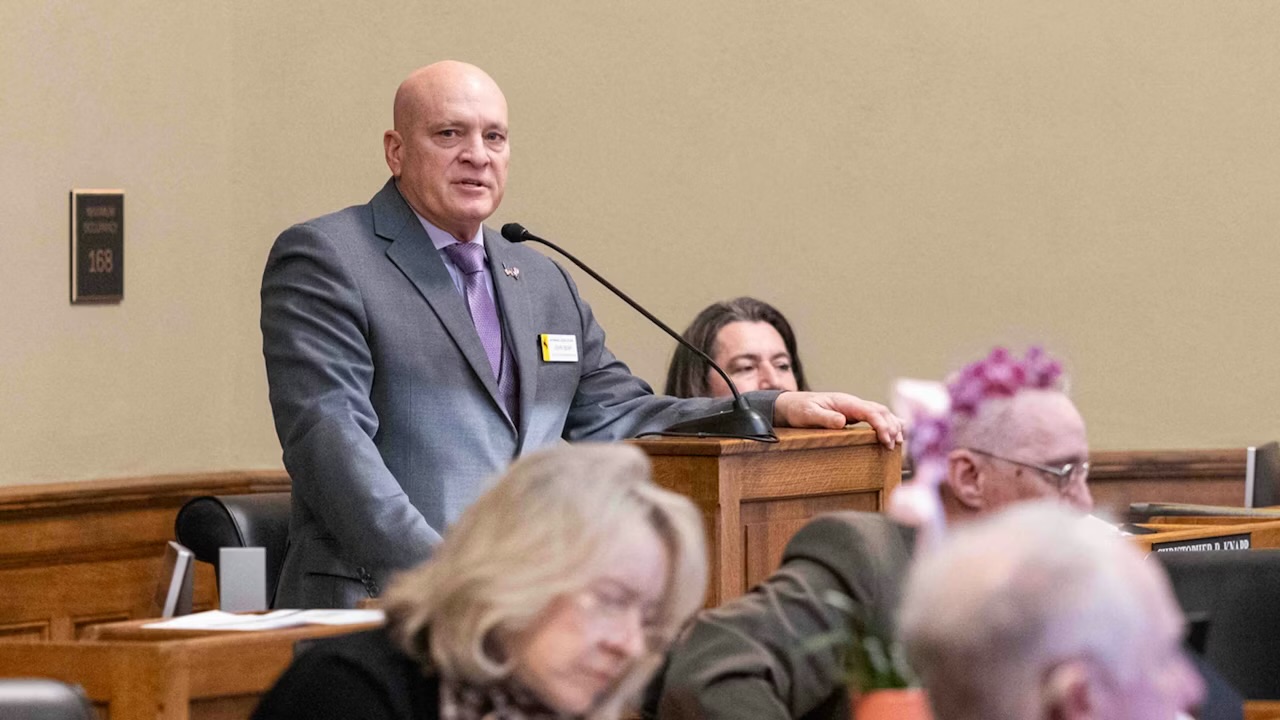
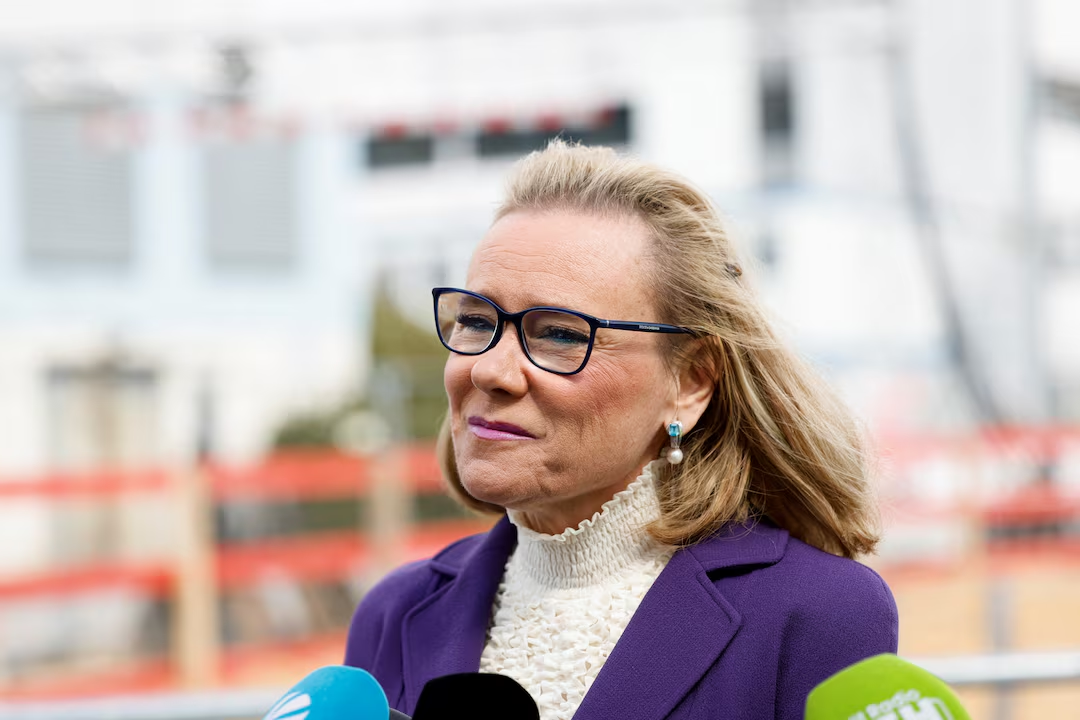




The latest news in your social feeds
Subscribe to our social media platforms to stay tuned